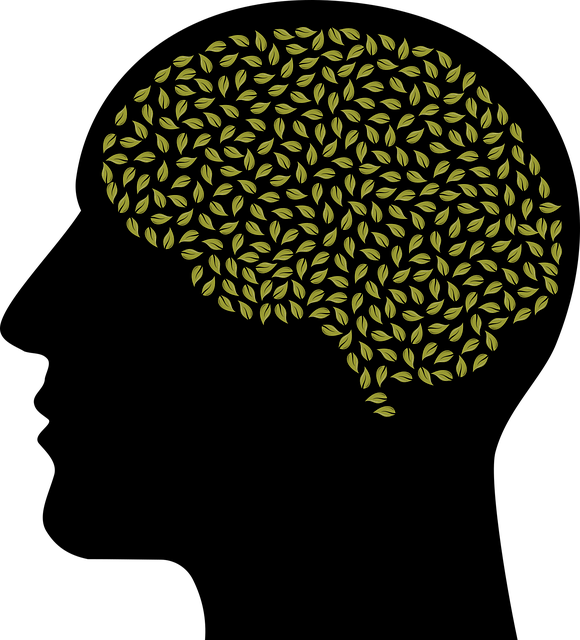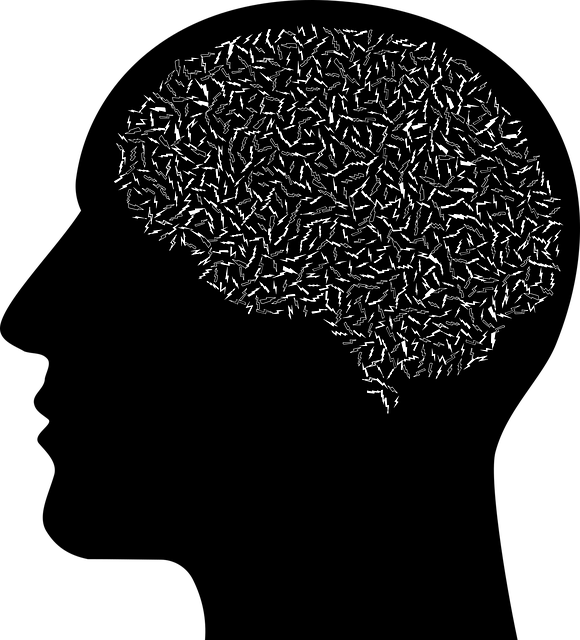Cultural and linguistic barriers significantly impact mental health diagnosis and treatment accessibility, as seen in the case of Lone Tree's Russian-speaking community. Specialized therapy services that cater to these challenges are crucial for accurate diagnoses and tailored interventions. By offering services in native languages, such as Lone Tree Russian Speaking Therapy, cultural sensitivity is fostered, encouraging open discussions and self-care practices. Enhancing mental health awareness, implementing evidence-based strategies like resilience building and crisis intervention guidance, and promoting self-care routines can improve diagnosis accuracy and overall patient outcomes, ultimately reducing barriers to quality mental health care.
Mental illness diagnosis accuracy is a critical aspect of patient care, and continuous improvement efforts are essential. This article explores strategies to enhance diagnostic precision, addressing cultural and linguistic barriers that often hinder effective assessment, especially in diverse communities. We delve into specialized therapies like Lone Tree Russian Speaking Therapy, which caters to specific language needs. Additionally, we discuss evidence-based practices and access to quality care as comprehensive approaches to improve diagnosis accuracy.
- Understanding Cultural and Linguistic Barriers in Mental Health Diagnosis
- The Role of Specialized Therapies like Lone Tree Russian Speaking Therapy
- Implementing Evidence-Based Practices for Improved Accuracy
- Enhancing Access to Quality Care: A Comprehensive Approach
Understanding Cultural and Linguistic Barriers in Mental Health Diagnosis

Understanding Cultural and Linguistic barriers in mental health diagnosis is an essential step towards improving accuracy and accessibility of treatment. Many individuals from diverse cultural and linguistic backgrounds face unique challenges when seeking help for their mental health issues. Language differences can hinder effective communication between patients and mental health professionals, leading to misdiagnosis or delayed treatment. For example, a study focusing on Lone Tree Russian-speaking therapy revealed significant barriers faced by this community in accessing appropriate care.
Cultural nuances play a pivotal role in how individuals express and perceive mental health concerns. Mental health professionals must be trained to recognize these differences in order to conduct thorough risk assessments and provide tailored interventions. Increasing mental health awareness and promoting culturally sensitive practices are crucial steps towards enhancing diagnosis accuracy, particularly in diverse communities. This approach not only improves the effectiveness of treatment but also fosters better depression prevention strategies within these populations.
The Role of Specialized Therapies like Lone Tree Russian Speaking Therapy

In the pursuit of enhancing mental illness diagnosis accuracy, specialized therapies like Lone Tree Russian Speaking Therapy play a pivotal role. This type of therapy caters to individuals who may face communication barriers or cultural challenges that can impact the clarity and reliability of diagnoses. By providing services in their native language, therapists enable deeper levels of self-awareness exercises and facilitate open discussions about symptoms, fears, and personal experiences. Such an approach not only improves understanding but also encourages patients to engage in self-care practices tailored to their unique needs.
Lone Tree Russian Speaking Therapy also empowers clients through positive thinking techniques, helping them navigate the complexities of mental health issues with enhanced resilience. This holistic approach ensures that cultural sensitivity and linguistic expertise are integrated into the diagnostic process, leading to more precise assessments and effective treatment plans. By bridging communication gaps, these specialized therapies contribute significantly to overall mental well-being and better outcomes for patients.
Implementing Evidence-Based Practices for Improved Accuracy

Implementing evidence-based practices is a crucial step towards enhancing the accuracy and reliability of mental illness diagnoses. These practices are backed by extensive research and have proven effective in various therapeutic settings, including Lone Tree Russian Speaking Therapy centers. By adhering to such methods, mental health professionals can improve their assessment techniques, leading to more precise identifications of conditions like anxiety and depression.
Mental Health Awareness plays a vital role in this process as it encourages open discussions and reduces the stigma associated with seeking therapy. Resilience Building is another key aspect, enabling individuals to cope with challenges and fostering a sense of empowerment. These strategies, combined with evidence-based practices, contribute to Anxiety Relief, which is often a primary goal for many clients, ultimately enhancing the overall accuracy of diagnoses.
Enhancing Access to Quality Care: A Comprehensive Approach

Improving mental illness diagnosis accuracy requires a multifaceted approach, and enhancing access to quality care is a significant aspect of this endeavor. Many individuals, especially those from diverse cultural backgrounds, often face barriers when seeking mental health support. For example, in areas like Lone Tree, where there may be a shortage of Russian-speaking therapists, patients might struggle to find culturally competent care. This challenge can lead to delays in diagnosis and treatment, impacting overall outcomes.
A comprehensive strategy should focus on increasing the availability of specialized services. This involves training more professionals in diverse cultural competencies, implementing crisis intervention guidance for urgent situations, and promoting self-care routine development as a preventive measure. By addressing these issues, communities can ensure better access to accurate diagnoses and effective treatments, ultimately improving the overall mental health landscape.
Mental illness diagnosis accuracy can be significantly enhanced by addressing cultural and linguistic barriers, implementing evidence-based practices, and ensuring access to specialized therapies like Lone Tree Russian Speaking Therapy. By fostering comprehensive approaches that consider diverse backgrounds, we can improve care quality and ultimately support better mental health outcomes for all individuals.








